Unleavened bread holds significant spiritual meaning in various religious and cultural traditions. In Christianity, unleavened bread is closely associated with the Last Supper and the Eucharist, symbolizing the body of Christ. The absence of yeast or leavening agents in the bread represents purity and the removal of sin.
The Symbolism of Unleavened Bread
Unleavened bread as a symbol of purity: The absence of yeast in unleavened bread is often interpreted as a metaphor for purity. Yeast, which causes bread to rise and ferment, can be seen as representing sin or impurity. In partaking of unleavened bread, believers strive to cleanse themselves of sin and approach the divine with a pure heart.
Unleavened bread and the Last Supper: According to the New Testament, Jesus and his disciples shared unleavened bread during the Last Supper, which was a Passover meal. This act is significant because it established the tradition of using unleavened bread in Christian rituals, particularly in the sacrament of the Eucharist. Just as the Israelites consumed unleavened bread during their exodus from Egypt, Christians consume it to commemorate the sacrifice of Jesus.
Unleavened bread as a reminder of humility: The simple nature of unleavened bread reminds believers of the humility of Christ. Unlike leavened bread, which is often fluffy and extravagant, unleavened bread is plain and unadorned. It serves as a reminder that Jesus willingly sacrificed himself for humanity, exemplifying selflessness and humility.
The significance of unleavened bread in various cultures: While most commonly associated with Christianity, unleavened bread holds symbolic meaning in other religious and cultural practices as well. In Judaism, for example, unleavened bread (matzah) is consumed during Passover to commemorate the Israelites’ swift departure from Egypt. Hindus may also prepare unleavened bread (roti) as an offering during religious ceremonies.
Conclusion
Unleavened bread carries profound spiritual meaning across different faiths and cultures. Its symbolism of purity, its connection to the Last Supper and the Eucharist, and its reminder of humility make it a significant element in religious rituals and traditions. Whether it’s in Christianity, Judaism, or other spiritual practices, the spiritual meaning of unleavened bread serves as a reminder of our commitment to spiritual growth, reverence, and our connection with the divine.
Understanding the Spiritual Significance of Unleavened Bread
Unleavened bread holds a significant spiritual meaning in various religious traditions, such as Judaism and Christianity. This type of bread, without any leavening agents like yeast, symbolizes purity, humility, and the absence of sin.
In the Jewish tradition, during the Passover feast, unleavened bread plays a crucial role. It commemorates the hasty departure of the Israelites from Egypt, where they didn’t have time to wait for bread to rise. It represents their liberation from slavery and the start of their journey towards freedom. For Jews, unleavened bread is a powerful reminder of their ancestors’ redemption and the importance of faith and obedience.
In Christianity, unleavened bread is commonly used during the Eucharist or Holy Communion. The absence of leavening agents symbolizes the sinless nature of Jesus Christ, who is considered the “bread of life.” This bread represents the body of Christ, broken for the salvation of believers, and serves as a reminder of his sacrifice and resurrection. It also signifies the unity of believers as they partake in the sacrament together.
Furthermore, the significance of unleavened bread extends beyond religious rituals. It serves as a reminder to lead a life free from impurities and a call to cultivate humility and sincerity in one’s spiritual journey. By abstaining from leavened bread, individuals are encouraged to seek spiritual purity and resist the temptations of worldly desires.
In conclusion, the spiritual meaning of unleavened bread encompasses themes of purity, humility, liberation, faith, and obedience. It serves as a symbol of redemption, sacrifice, and unity in religious ceremonies. Additionally, it encourages individuals to lead a spiritually pure and humble life.





